Keeping commercial kitchen equipment clean can be an uphill battle, especially for restaurant managers and kitchen employees who have limited time at the end of a long shift. What makes it even more complicated is that different areas often require different approaches. For instance, cleaning a greasy floor may be more complicated than cleaning the walk-in refrigerator. However, both tasks are important.
As a
commercial kitchen equipment company based in Tennessee, we know that keeping your kitchen clean is essential for food safety and sanitation. But we also know that balancing cleanliness with the craziness of the restaurant world is a really tough act. That's why we've put together these tips for keeping your commercial kitchen clean, even when you're busy.
7 Quick Restaurant Cleaning Tips for Busy Kitchen Managers
Here are some quick cleaning tips that restaurants can implement to keep their kitchens clean even when they're tired at the end of a long shift:
1. Create a daily cleaning schedule and stick to it.
One essential component of properly cleaning your commercial kitchen equipment is to create a nightly cleaning checklist that includes essential tasks that must be completed before the end of the shift. A checklist helps staff remember their cleaning duties and ensures that nothing is overlooked. It also enables you to stay on top of cleaning tasks and prevent them from piling up.
2. Train your staff about proper cleaning protocols and procedures.
Most kitchen staff aren’t hired with a knowledge of how to clean commercial kitchen equipment properly. That’s why it’s important to train your staff about your cleaning procedures. Have employees practice cleaning equipment under the supervision of an experienced employee or use pictures or diagrams to remind them. When employees are properly trained to clean equipment, they can do it quicker, more efficiently, and more effectively. Make no mistake: your equipment will benefit from the extra attention.
3. Make sure you’re stocked with the right cleaning supplies.
One of the most common reasons that a piece of equipment doesn’t get cleaned is because employees don’t have the right cleaners. The end of a long shift might be the first time you recognize that you’re out of high-alkaline degreaser or floor cleaner.
With all that happens in a commercial kitchen, keeping your restaurant cleaning chemicals in stock can be a challenge, especially when you’re responsible for managing so many other areas of the business. That’s why we provide our Nashville customers with on-site delivery of food service chemicals to our customers, usually within 24 to 48 hours after an order.
4. Invest in commercial degreasers.
Commercial degreasers are a valuable investment for any commercial kitchen, especially if you don't have a lot of time or energy to clean. Degreasers can cut down on the time and effort it takes to clean your kitchen, and they can help prevent grease buildup, which can lead to fire hazards and equipment damage.
5. Find creative and effective ways to delegate tasks.
Everyone in the kitchen should be responsible for cleaning, not just the dishwasher. Delegating tasks to your entire crew allows everyone to share responsibility for keeping your kitchen clean and making the cleanup process quicker and easier.
Consider dividing the kitchen into specific zones and assigning each staff member a particular zone for each shift. This ensures that every part of the kitchen gets attention without overwhelming any single person.
6. Recognize the value of pre-shift organization.
Doing a little work to prepare at the beginning of your shift can be incredibly helpful at the end of a long day. Try to start each day with a well-organized kitchen. When the kitchen is organized, it is easier to prep, cook, and find the cleaning supplies and equipment that are needed at the end of the shift. It also helps you identify areas that need to be cleaned more often.
7. Create a deep-clean schedule.
Every piece of equipment needs to be deep cleaned. One of the best ways to eliminate the guesswork is to designate specific days for deep cleaning tasks that aren't feasible during busy shifts. This could include cleaning behind the equipment, defrosting freezers, clearing drain lines, switching out fry oil, and scrubbing hard-to-reach areas. Our planned maintenance checklist can help you keep track of what equipment needs attention and how often deep cleaning should be done. ATECH also offers a variety of planned maintenance programs. At each site visit, we clean, assess, and address any issues we discover during our visit.
8. Inspect What You Expect
All the good planning in the world is of little use if your processes and procedures aren’t
followed. Check regularly with managers and staff to ensure that what you’ve put in place is
being followed. Remember that at any time, your staff is only remembering 50% of what you
tell them. Repetition and reminding will get everyone to a point where the results reflect what you want.
Let ATECH Take Care of the Dirty Work
At ATECH, we understand the challenges of keeping up with the demands of a busy kitchen. That’s why we’re committed to providing our customers with a variety of services. Whether you need emergency repairs on a piece of equipment or want help keeping your kitchen running properly with customized planned maintenance programs, our technicians are here to help. We also offer food service chemicals in Nashville and equipment parts statewide to keep you stocked with everything you need to keep your kitchen in top-notch shape.
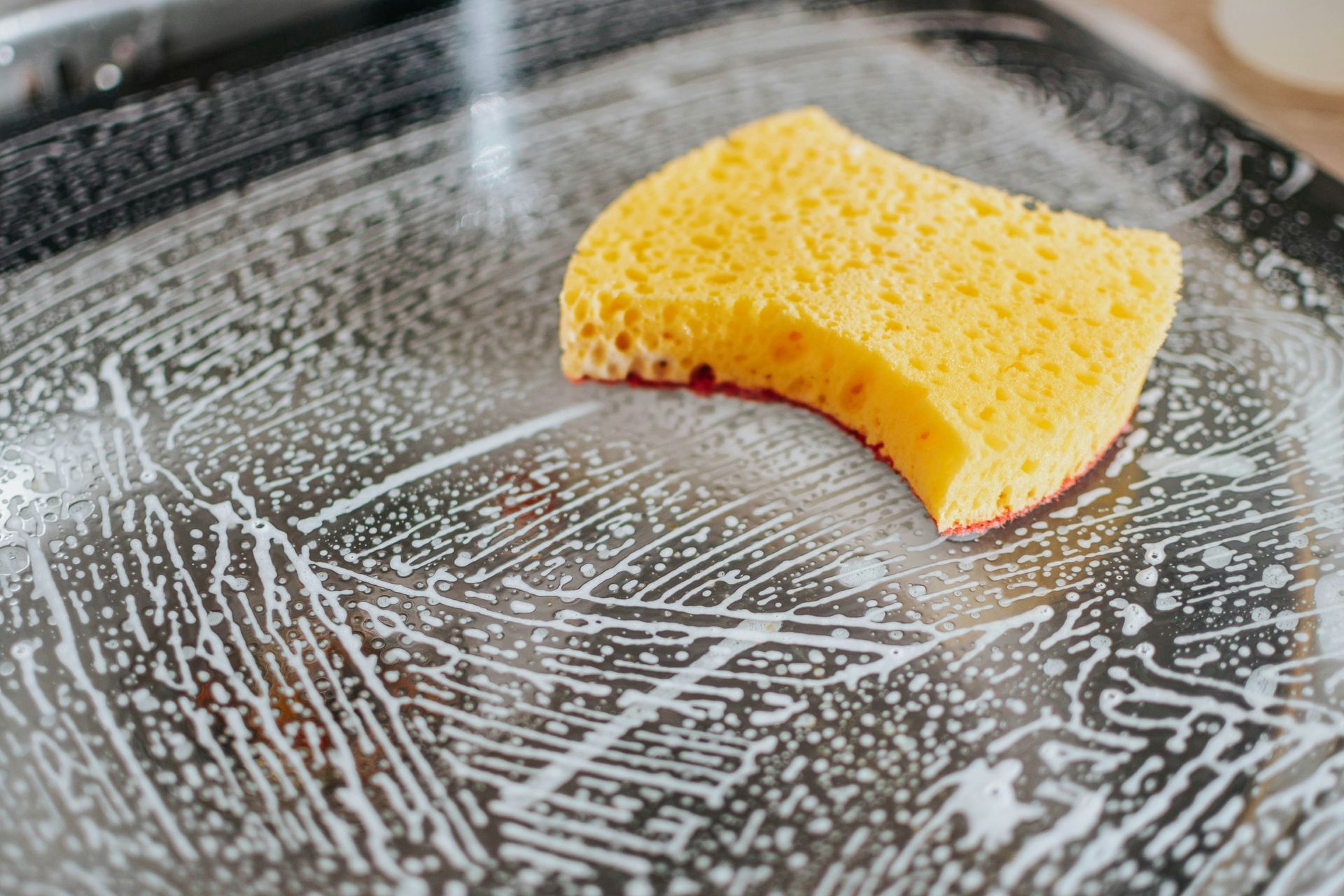
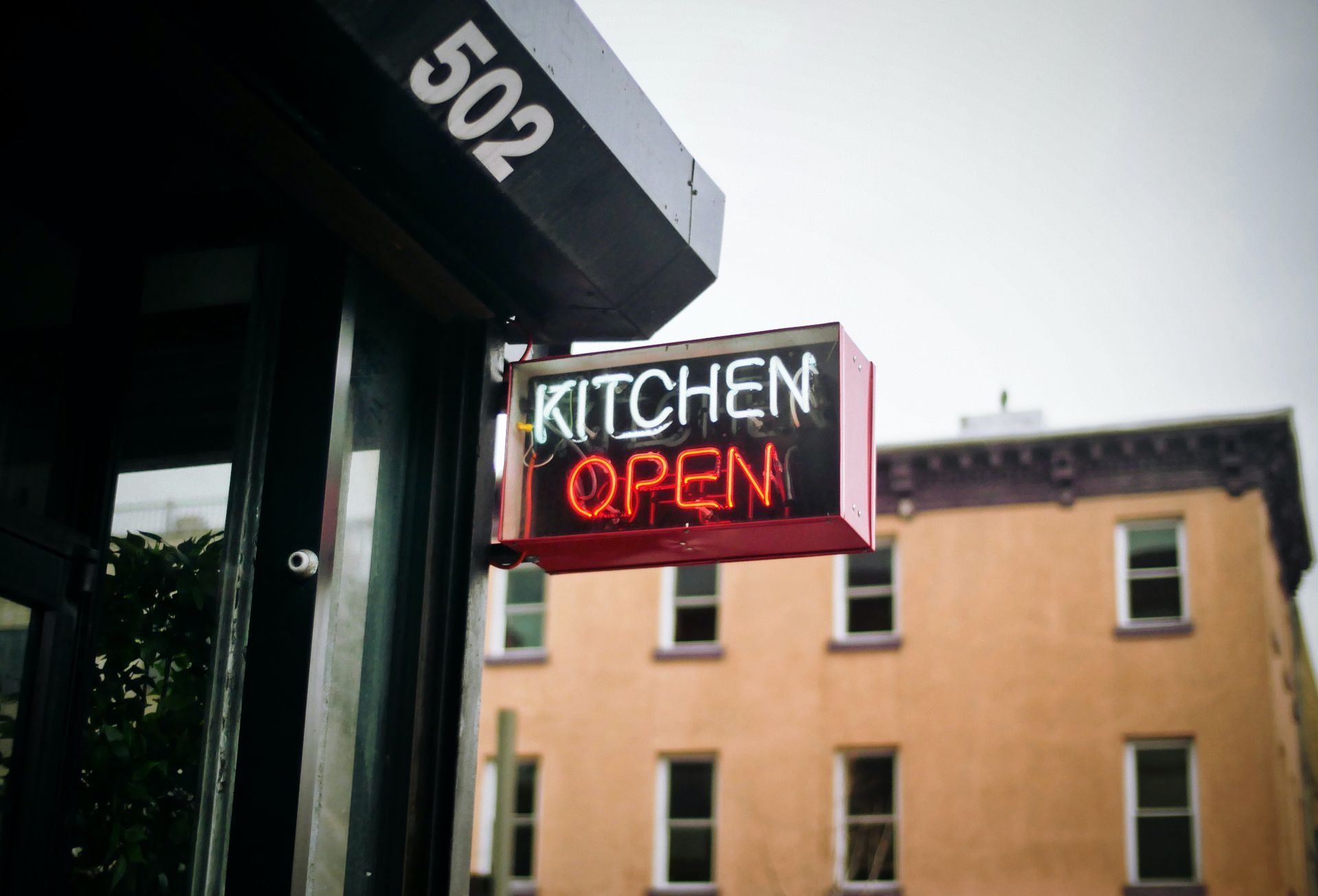
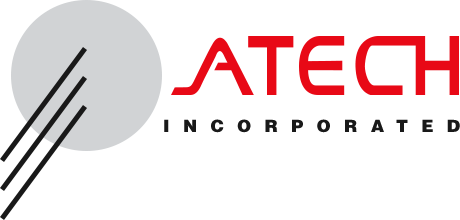
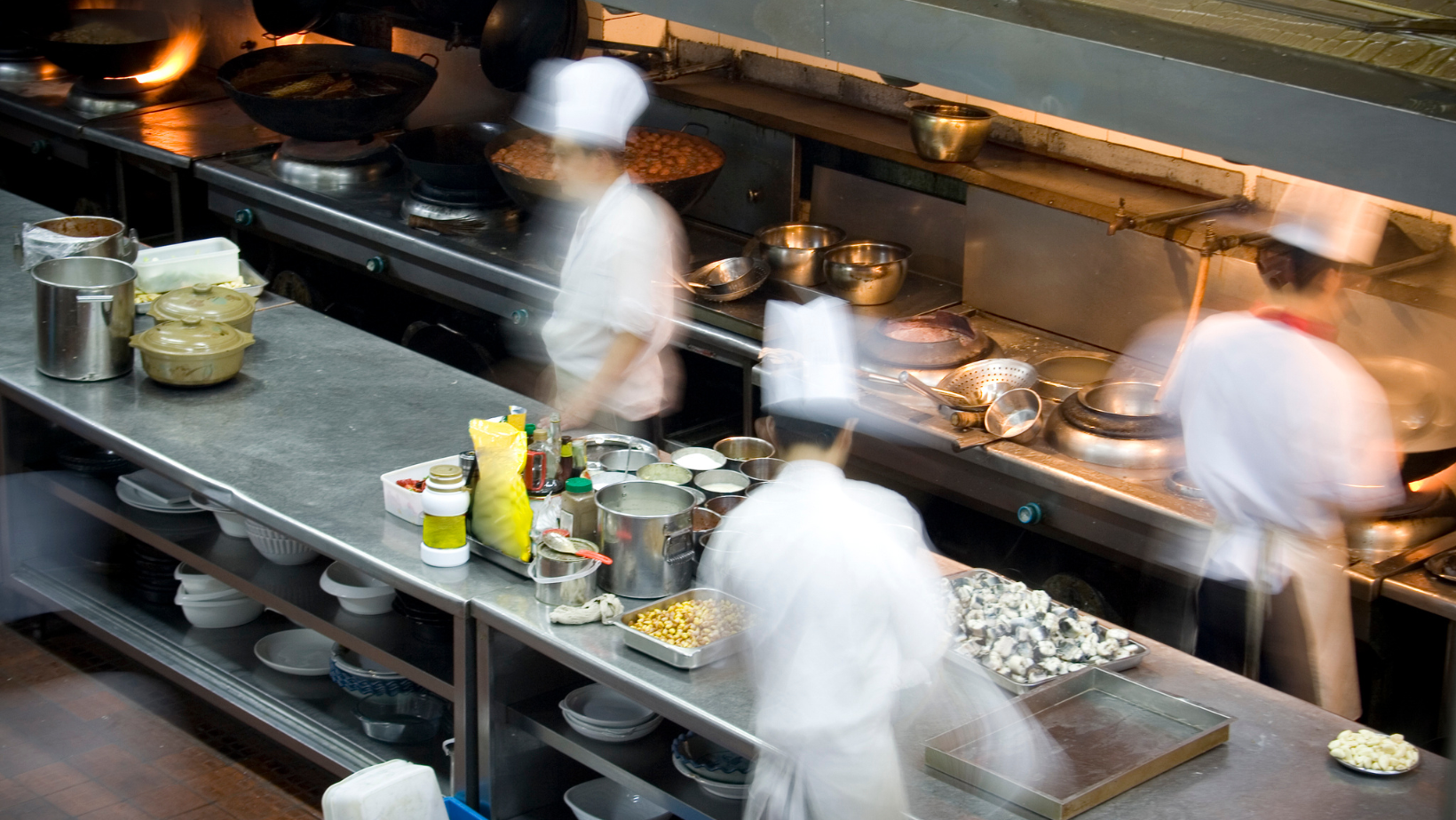

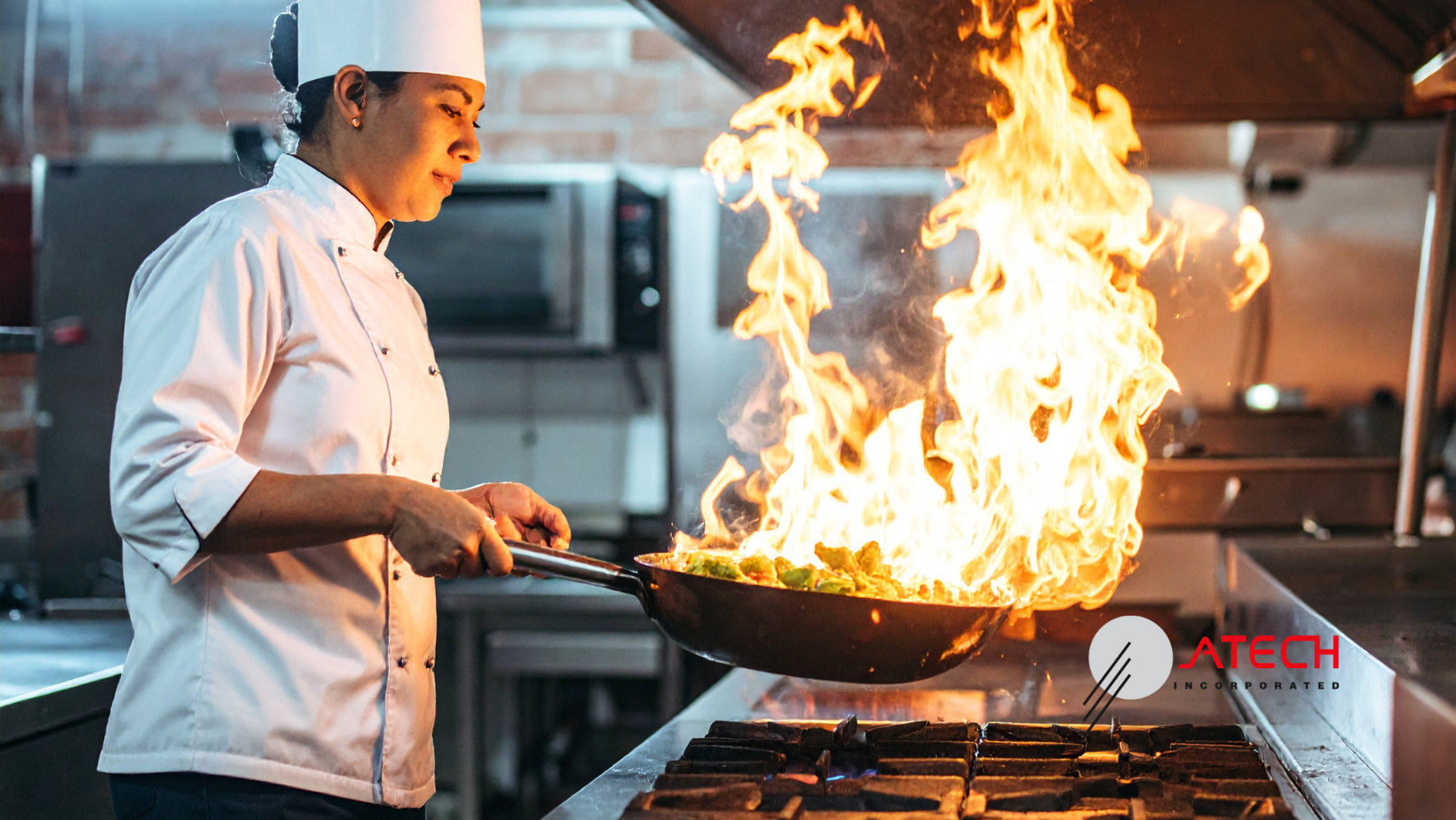


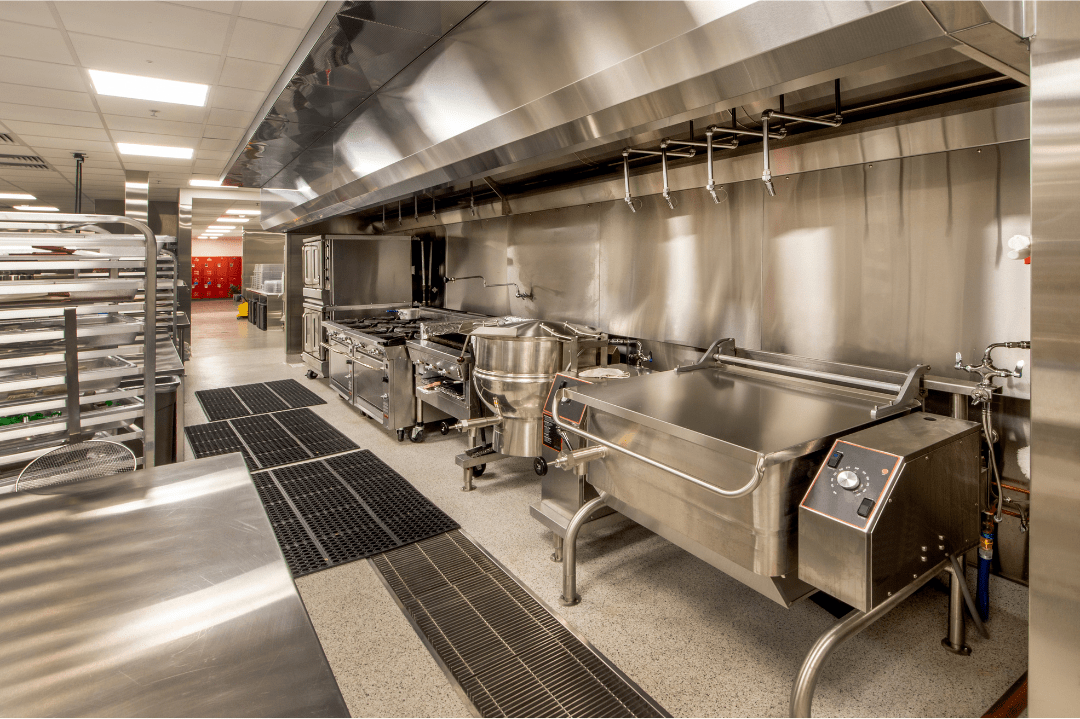
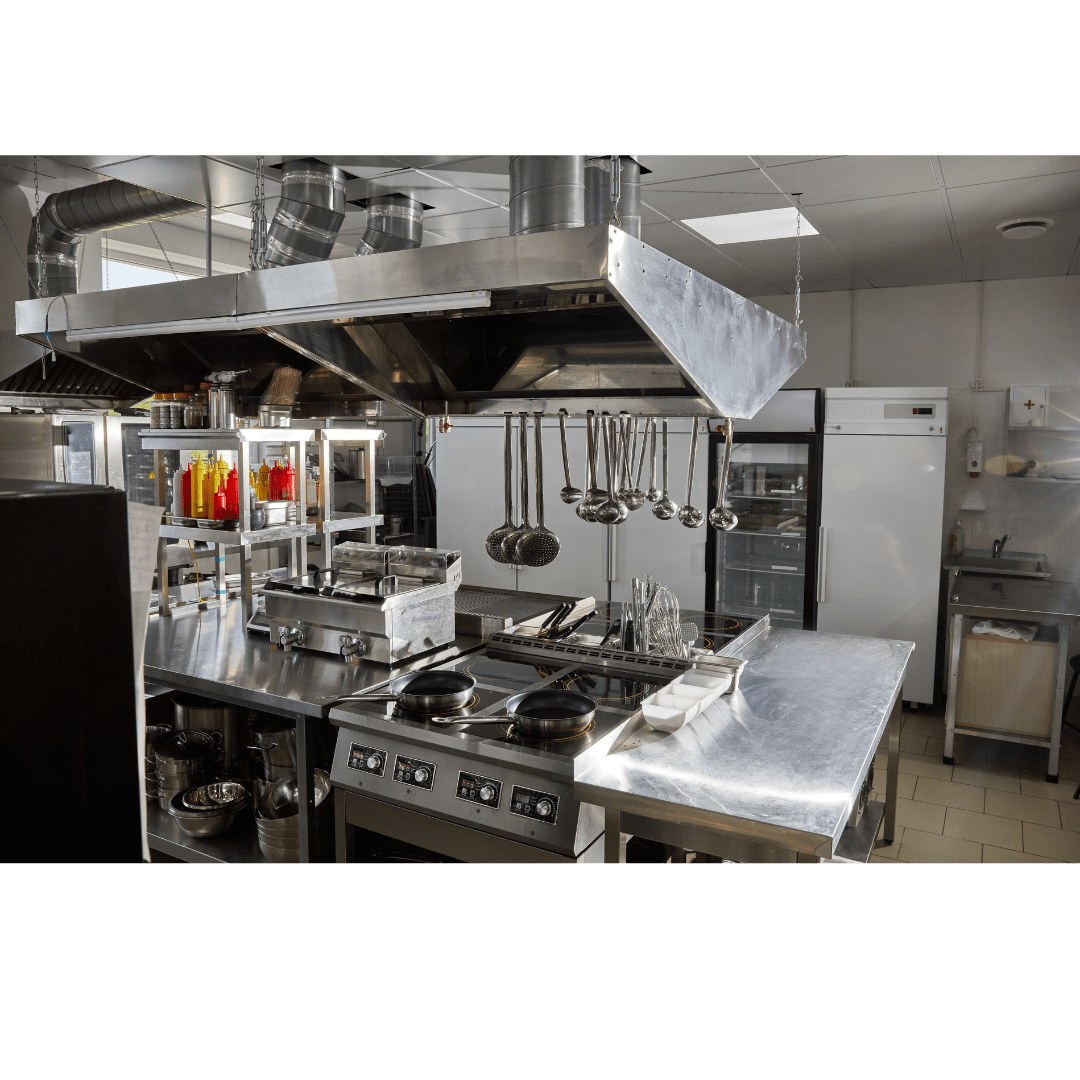
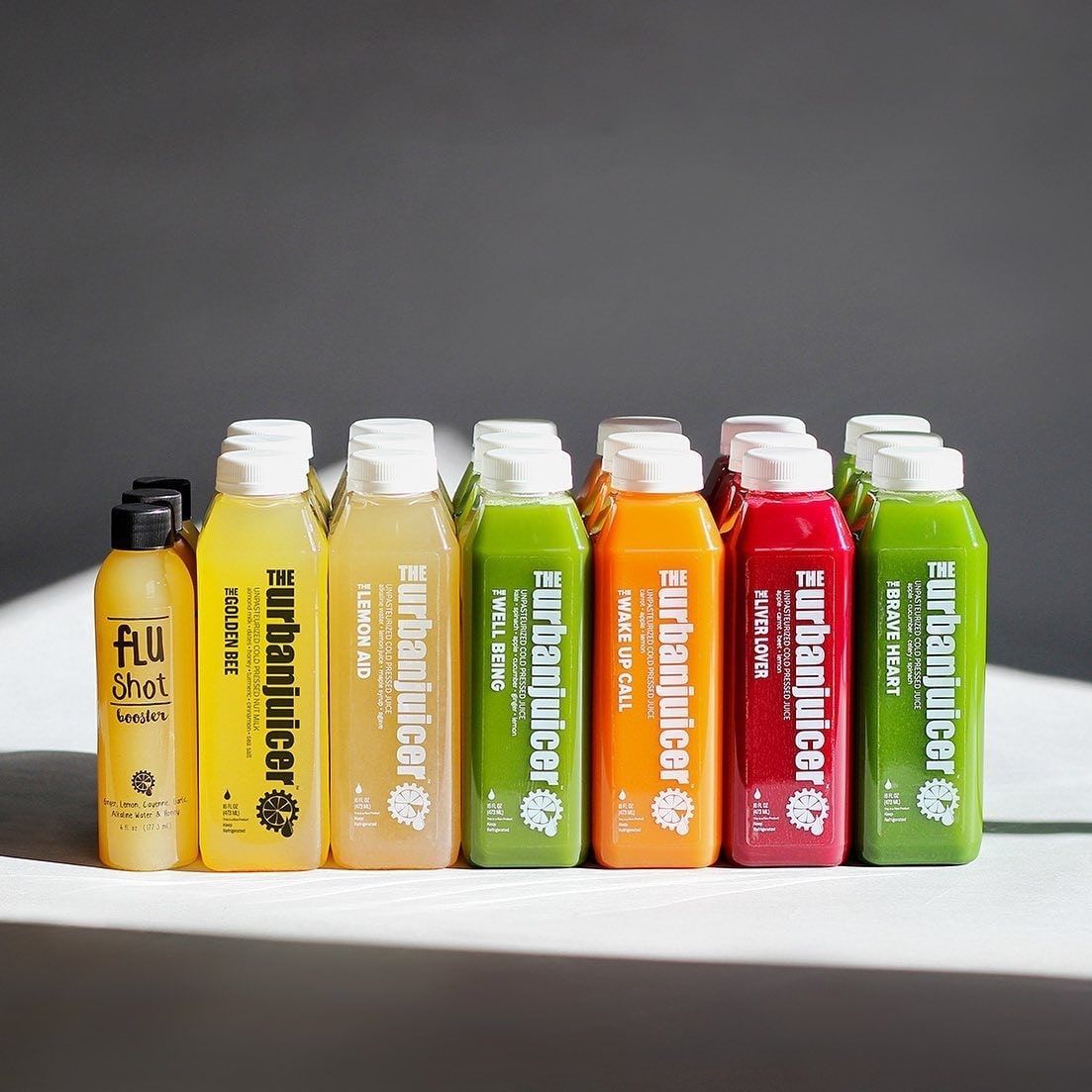
Share On: